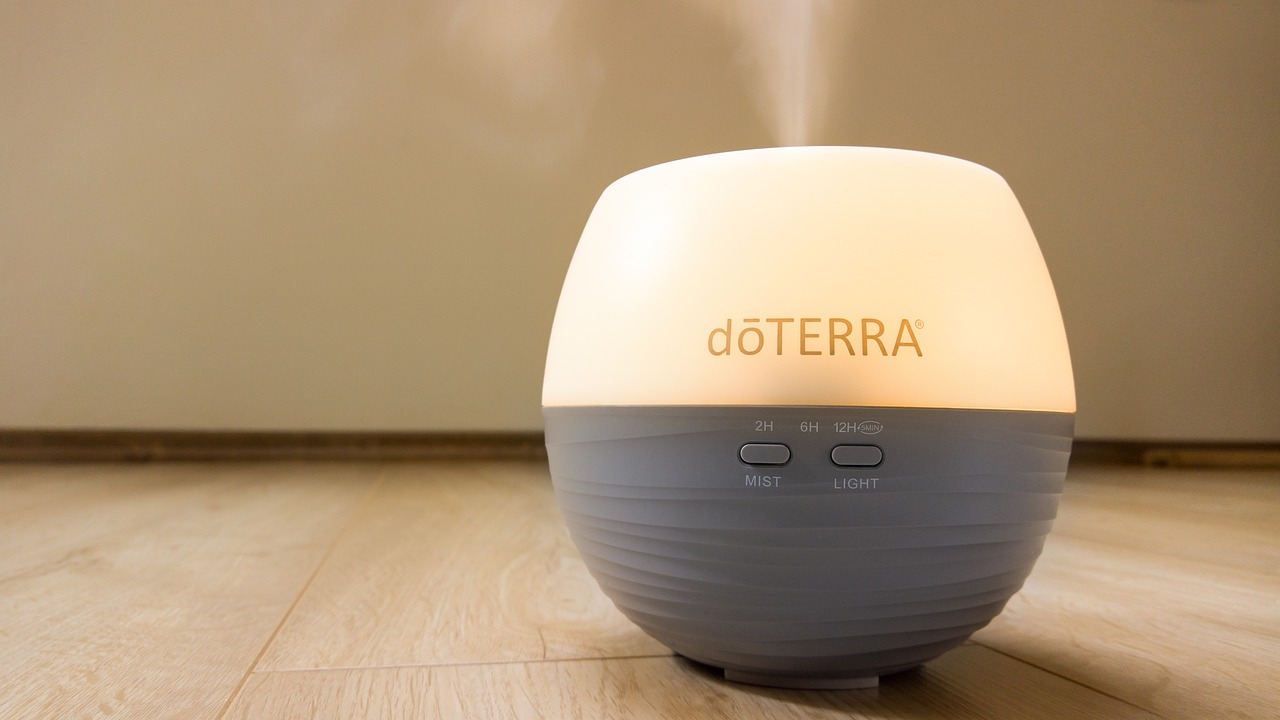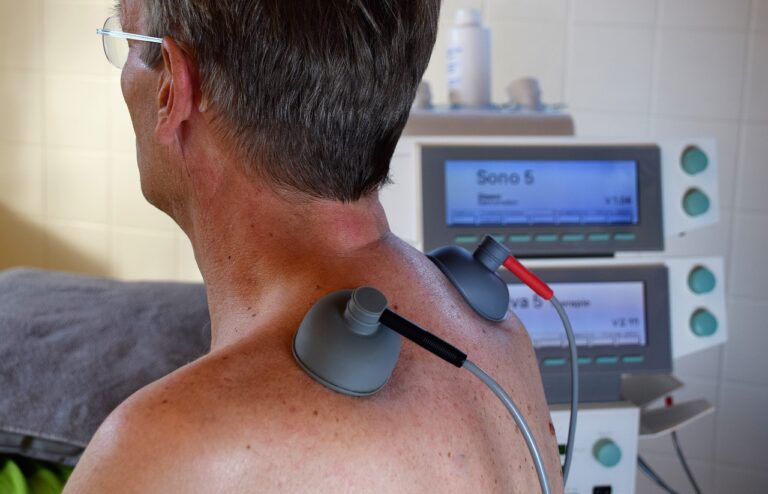The Role of Eye Health in Academic Performance
betbazar 247 login, playexch in login, gold365 id login:Eye health plays a crucial role in academic performance, yet it is often overlooked by many students and parents. The ability to see clearly and comfortably is essential for reading, writing, and overall learning success. In this article, we will explore the impact of eye health on academic performance and provide tips on how to maintain good eye health for optimal learning.
Importance of Eye Health in Academic Performance
Good vision is essential for students to perform well in school. The American Optometric Association reports that up to 80% of learning is visual, meaning that students rely heavily on their eyes to process information and understand new concepts. Poor vision can lead to difficulties in reading, writing, and comprehension, which can ultimately affect academic performance.
When students struggle to see clearly, they may experience symptoms such as headaches, eye strain, and fatigue. These symptoms can make it challenging for students to focus and concentrate in class, leading to lower grades and academic underachievement. Additionally, undiagnosed vision problems can impact a student’s self-esteem and confidence, further hindering their academic success.
Common eye health issues that can impact academic performance include:
1. Myopia (nearsightedness): Difficulty seeing distant objects clearly
2. Hyperopia (farsightedness): Difficulty seeing close-up objects clearly
3. Astigmatism: Blurred vision caused by irregularly shaped corneas
4. Strabismus: Crossed or misaligned eyes
5. Amblyopia (lazy eye): Reduced vision in one eye due to poor visual development
6. Computer vision syndrome: Eye strain and discomfort from prolonged screen use
Tips for Maintaining Good Eye Health
To ensure optimal eye health and academic performance, students can take proactive steps to protect their vision. Here are some tips to help maintain good eye health:
1. Schedule regular eye exams: Routine eye exams can detect vision problems early and ensure that students have the correct prescription lenses if needed.
2. Follow the 20-20-20 rule: Take a 20-second break every 20 minutes and look at an object 20 feet away to reduce eye strain from prolonged screen use.
3. Maintain proper lighting: Ensure that the study area is well-lit to reduce glare and prevent eye fatigue.
4. Practice good posture: Maintain a proper sitting position with the computer screen at eye level to avoid neck and eye strain.
5. Eat a balanced diet: Include foods rich in vitamins and nutrients, such as leafy greens, fish, and nuts, to support eye health.
6. Limit screen time: Take breaks from screens and engage in outdoor activities to reduce the risk of digital eye strain.
7. Stay hydrated: Drink plenty of water to prevent dry eyes and maintain overall eye health.
8. Protect your eyes: Wear protective eyewear when playing sports or engaging in activities that pose a risk of eye injury.
By adhering to these tips and prioritizing eye health, students can improve their academic performance and overall well-being.
FAQs
Q: How often should students have their eyes checked?
A: Students should have their eyes checked annually or as recommended by their eye care provider to detect any changes in vision and ensure optimal eye health.
Q: Can poor vision be a barrier to academic success?
A: Yes, poor vision can significantly impact academic performance by causing symptoms such as headaches, eye strain, and difficulty focusing, ultimately hindering learning and achievement.
Q: What are some signs that indicate a student may have a vision problem?
A: Some signs that may indicate a vision problem include frequent headaches, rubbing or blinking of eyes, squinting, difficulty reading or concentrating, and sitting close to the TV or screen.
In conclusion, maintaining good eye health is essential for academic success. By prioritizing regular eye exams, following healthy eye care habits, and seeking treatment for any vision problems, students can optimize their vision and enhance their learning experience. Remember, healthy eyes lead to a brighter future!







